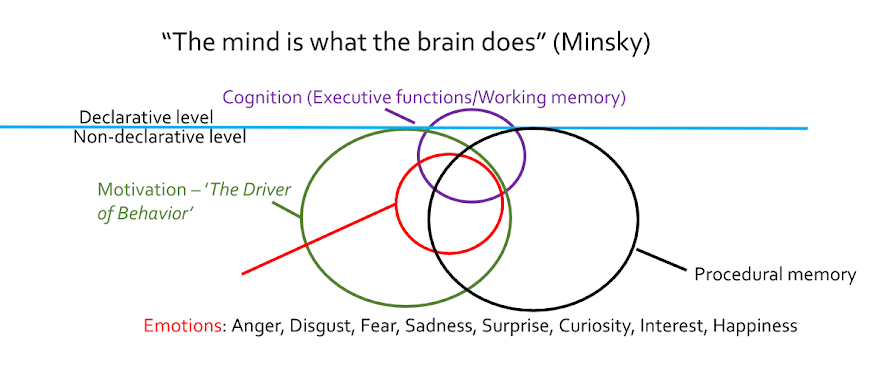Please support the blog via Swish (Sweden), MobilePay (Finland) or Wise.
Finland is the most depressive country in the EU. Loneliness (Red Cross, 2024) and women's relational aggressiveness (Crick and Grotpeter, 1995; Helsingfors Police department (two sources, 2022, 2024); Finland's child commissary; Hyde, 2005) is part of that problem. Another aspect of mental disorders was published in Big think: social anxiety: There is no universal fix for anxiety. Can personality-based treatment help? (Beres, 2020).
Beres starts by mentioning an essay Sigmund Freud (1856-1939) wrote about social anxiety, but the study Beres writes about (Costache ett al. 2022) does not include anything about Freud. Adding to that, Freud, who was born 1856, was not a psychologist but a physician and maybe a psychiatrist. Noteworthy, seventeen years after his passing in 1939, the cognitive revolution took place at Dartmouth college.
Psychological scientists, mainly at Uppsala university, lead by professor Tomas Furmark, have used cluster-analysis to create under-categories to social anxiety: Prototypical, Introvert-Conscientious, and Instable-Open, which was then correlated with the Big five personality inventory:
“Social anxiety disorder (SAD) is one of the most common psychiatric disorders characterized by a persistent and over-whelming fear of being negatively evaluated in one or more social or interactional situation. It is associated with considerable individual suffering, large societal costs and typically follows a chronic course if left untreated. Cognitive behavioral therapy (CBT), serotonin reuptake inhibitors (SSRIs) and serotonin-noradrenaline reuptake inhibitors (SNRIs) are first-line treatment options for SAD. Although these treatments are helpful, as many as 40–50% of patients have been reported to be either treatment resistant or not responding sufficiently”.But the real issue, which Beres seems to have missed, is that the study aims to answer the question whether SAD subtypes are best described as categories or dimensions, and how these subtypes correlate with Big-five dimensions. That is of course very interesting. But it doesn't answer the question of how to cure social anxiety.
Then how do you cure social anxiety?
SSRIs seem not to be the solution in the long run (Lustig, 2017).
Paradoxically, Furmark (2000) showed that people with social anxiety improved their mental health by socializing with other people. The social aspect is consistent with Dunbar (2017) showing that eating and drinking together increase the release of endorphins (social happiness hormone), and Lustig's (2017) proposal that cooking and eating real food together increase the production of serotonin (mental harmony hormone).
A crucial factor, which was not part of the study, seem to be nutrients; our species evolved to consume bone marrow and meat which contain a plethora of vitamins and minerals we need to develop and sustain mental functions (Aiello and Wheeler, 1995; Mann, 2018; McPherron et al. 2010; Thompson et al. 2019). We still need to consume animal fat and meat to sustain mental health (Balehegn et al. 2019; Ede, 2019, 2024; Ylilauri et al. 2019; Österberg, 2020).
Also read: Why is depression and loneliness and big issues in Finland? (Why isn't entrepreneurial thinking more prevalent?).
Please support the blog via Swish (Sweden), MobilePay (Finland) or Wise.
More about my expertise:
Executive coaching for CEOs/managers and workshops to facilitate Organizational Performance, Learning, and Creativity for Problem Solving | Lectures: Nutrition for physical and mental health | Course/lecture: children's emotional and social adjustment and cognitive development | Language training - Swedish | Academy Competency | CV | Teaching skills and experience | Summary of research project | Instagram | Linkedin | YouTube-channel | TikTok | Twitter

No comments:
Post a Comment